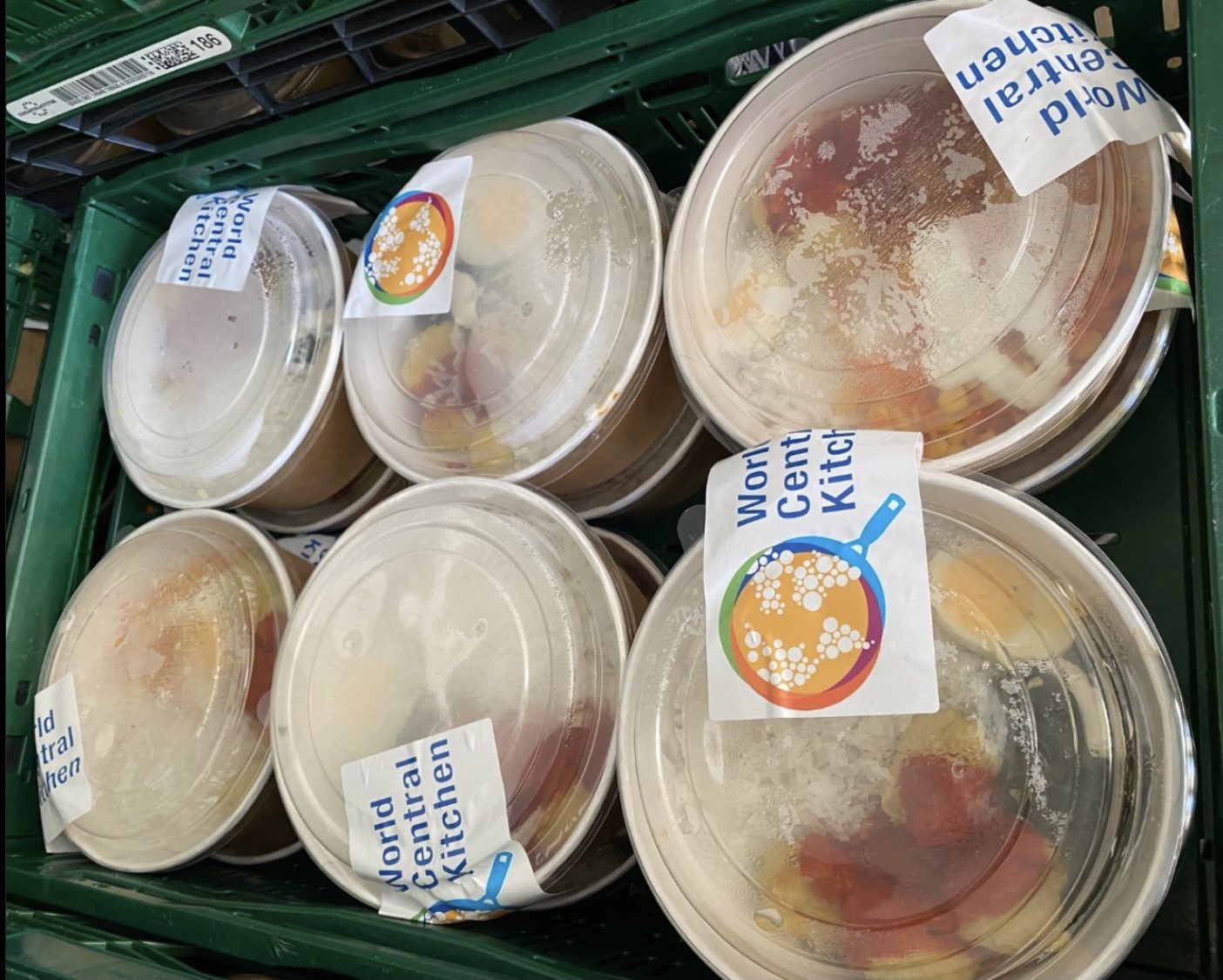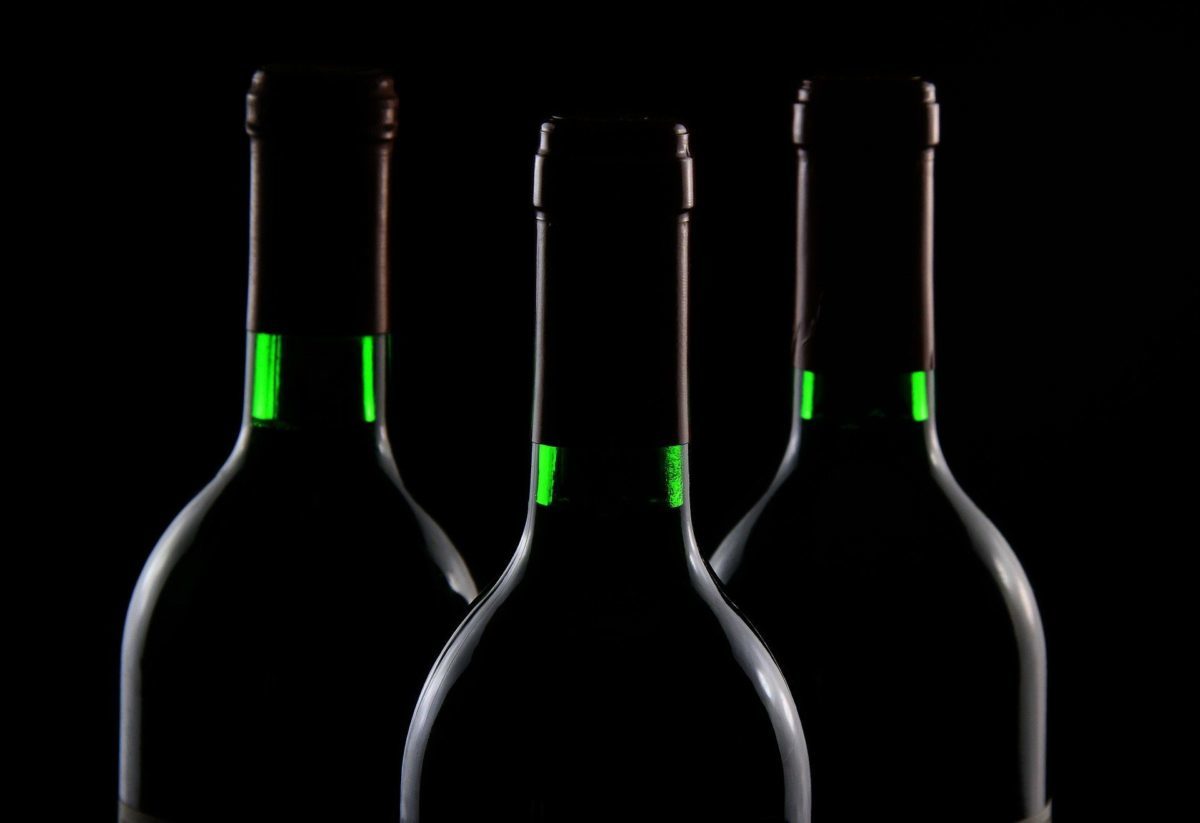In Spain around 1.364 tons of food is thrown away. Does the phrase "food is not thrown away"? Surely your family has repeated it to you several times. Well now the Government he wants to make it law. For now, it is a bill. But the anti-waste law is closer than ever. With the aim of rreduce food waste and promote the use of these. Do you want to know what are the new measures that are going to be imposed? And what are your penalties for non-compliance? Here we tell you everything.
Principles of the law
At the moment, it is a Bill. However, the Council of Ministers has already approved the first reading of the Food Loss and Waste Prevention Law. This law against waste is designed to reduce the amount of food that ends up in the trash. Drastically. In addition, you want to enhance its use.
Luis Planas, the Minister of Agriculture, Fisheries and Food, has ensured that "agri-food systems must be sustainable and evolve towards an economy." So they could be remedied three problems: the lack of economic, environmental savings and ethics and morality.

"Throwing food is a waste due to the work of farmers and ranchers, the natural means used to produce them, the consumption of resources such as soil or water, and the emissions into the atmosphere that are produced." In addition, more than 800 million people go hungry in the world, according to FAO data.
The law
This is the first law against waste in Spain. With it, the Government confirms its commitment to comply with the Sustainable Development Goals (SDG) at theUnited Nations 2030 Agenda. It confirms the need to reduce the waste of products in all parts of the production and distribution chain.
The Government announces a draft Law for the Prevention of Food Waste: “Three out of four Spanish households waste food. 1.364.000 tons of food and beverages were wasted last year " pic.twitter.com/MCErH7wIfV
- The HuffPost (@ElHuffPost) October 11, 2021
Food waste is a ethical process in which society, in general, is the most affected. Because I know basic necessities become more expensive; natural resources are wasted; the environment suffers greatly; and more evidence of social gaps in which some throw food and others starve.
The law establishes a protocol of actions throughout the food chain. From harvest to consumer habits at home and in the hospitality industry. Since this problem is related to planning errors. For this reason, various regulations have been established.
Usage priorities
This anti-waste law requires companies to have a prevention plan. Fixing a hierarchy of priorities. The first is the use for human food. Donating to food banks or non-profit companies. For this they must subscribe Conventions with recipient associations. And these must collect the conditions of collection, storage, transport and selection of food.

Additionally, donated food must have a sufficiently useful life storage. Article 7 of this new law states that: «Both the agri-food companies and the receiving organizations are obliged to guarantee the traceability of donated products through a system of entry and exit of the same ”.
In the second order of this they appear unsold food, but in optimal consumption conditions. These must be transformed, either into juices or jams. In the case of not fulfilling this characteristic, it must be used as animal feed, industry or fuel.
Happy # diadelatierra2018 I leave you in this thread some recipes of use. Eating a vegetable diet and not throwing away food is a very good way to take care of our home 💚
- Begin Vegan Begun (@beginveganbegun) April 22, 2018
Obligations
The agents of the food chain will have to make sure that they have the adequate facilities. In addition to training its workers to fulfill their functions of optimally that minimize losses. Products with close expiration dates will be offered separately and differently from the rest.
Likewise, hoteliers will offer their consumers the possibility of taking home what they have not consumed. And they will have to notify it in the letter. The sale of seasonal, ecological, environmentally sustainable and in bulk. There is even the possibility of putting on sale products whose consumption date has been exceeded. Following the criteria established by the European Union.
https://www.youtube.com/watch?v=7uhicBad4VM
All participants in the food chain must report losses annually. As well as the fulfillment of their forecasting plans.
Sanctions
Four types of serious offenses are established. All related to food donations. Punished with fines from 6 to 150.000 euros. Among them are the crimes of: preventing donation, not donating surpluses, improper hygiene practices or food handling by the receiving entities. Discrimination when distributing them is also grounds for sanction. Increasing, in case of recidivism up to one million euros.
On the other hand, not applying the hierarchy would be considered light penalty. Like not reporting losses

Therefore, the conclusion we draw is that this new anti-waste law search find a common good. In which food is avoided promoting a good production and distribution process.






